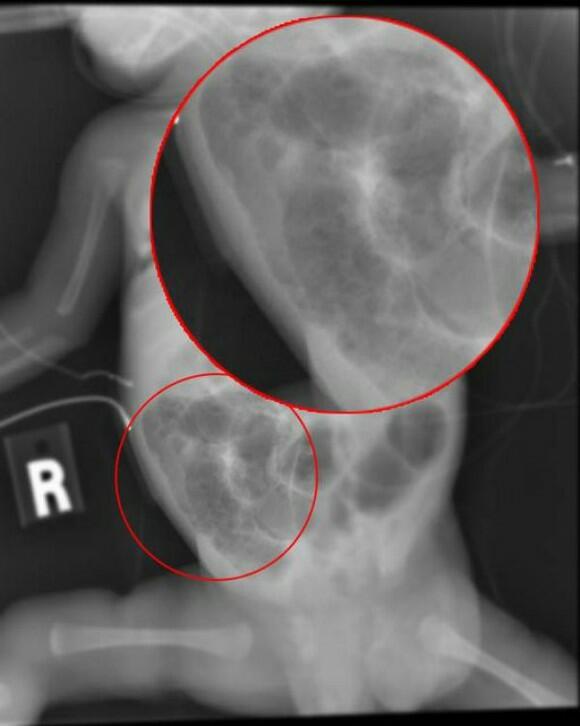
At present, diagnostic criteria for common complications of prematurity/VLBW such as sepsis, necrotising enterocolitis (NEC) and spontaneous intestinal perforation are not standardised or adapted for use with limited resources. Also, each NNU collects clinical data in different formats and there is no agreed standardised clinical database.
Immediately following the initial workshop, the research team will meet to review and adapt international criteria (e.g. Vermont Oxford Network) and establish standardised clinical/laboratory criteria for common complications in newborns.
We will establish a central database across the network to describe the patient population (e.g. gestation, birthweight, birth asphyxia) and key outcomes using the standardised criteria. We will explore current infrastructure (computers, servers, back-up methods) and software used for data collection. We will identify software that is readily accessible across the network and facilitates data sharing (e.g. REDcap). We will determine any restrictions regarding data sharing and plan that each NNU will contribute encrypted, password protected and anonymised data to either a central database held at LSTM or, preferably, a network database hosted either in Nigeria or Kenya. Data will be transmitted between sites according to an agreed procedure. LSTM data management staff will provide support with database development and data management remotely and through site visits.
Although nutritional interventions may be most efficiently tested initially in vLBW infants who experience high levels of mortality and morbidity, findings may be relevant to larger babies, including those with intra-uterine growth retardation but normal birthweight. Therefore, the database will be designed to cover all admissions to NNUs (e.g. term babies with birth asphyxia) to provide a broad resource for future research.
The database will provide an essential resource for quantifying the burden of diseases such as early and late-onset sepsis and NEC, defined using standardised criteria, to inform the focus and design of future research. In addition, the co-investigators in Nigeria, Kenya and the UK will determine specific additional information to be collected as a basis for a wide scope of future research; e.g. maternal diet and specific neonatal factors that may predict long-term growth and respiratory and brain development.